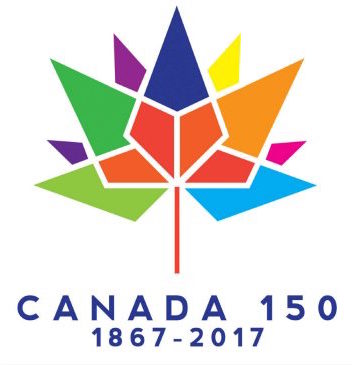 Canadian book publishers and literature supporters say diverse stories written by emerging writers can increase readership and are vital for enhancing Canada’s publishing industry.
Canadian book publishers and literature supporters say diverse stories written by emerging writers can increase readership and are vital for enhancing Canada’s publishing industry.
Five industry experts led a panel discussion during a session titled “Publishing (More) Diverse Stories,” held at Peel Art Gallery Museum and Archives as part of the Festival of Literary Diversity (FOLD).
The discussion focused on ways to improve access to diverse Canadian stories both here and abroad.
Barbara Howson, Vice President of Sales and Licensing at House of Anansi Press and Groundwood Books, says diversity in the industry means getting young people interested in publishing and widening readership by publishing books with different voices.
“To do that, we need to reach communities and have editorial staff that does that,” she says.
Support emerging publishers
Howson says that expensive college and university publishing programs and editing courses can make it difficult for people from low socio-economic backgrounds to get into the publishing industry.
“I do think you have to have a certain amount of money or your parents’ support to help you get into the industry,” she says. “People can’t afford to be lowly paid interns for three or four internships in order to get a job.”
. . . the cost of going through very low-paid internships bars access to the industry for people of different socio-economic and cultural backgrounds.
She says the high cost of education and training needs to change if the industry aims to be more inclusive.
Bianca Spence from the Ontario Media Development Corporation agrees that the cost of going through very low-paid internships bars access to the industry for people of different socio-economic and cultural backgrounds.
She says she would like to see a publishing degree considered as a pre-requisite, rather than unpaid internships. That way, she says, “we can get some interesting thinkers into the industry.”
Léonicka Valcius, the panel moderator and chair of The FOLD Foundation, applauds the idea of hiring more people of colour in the publishing industry, as well as people of different sexual orientations, abilities, and other backgrounds.
Diversify the eco-system
Panellist Anita Chong, a senior editor at McClelland & Stewart, described publishing as an “eco-system” made up of writers, people involved in the publishing process, and ultimately readers.
She says that the system needs a greater push for change from within publishing itself.
“I think it’s important to recognize that we need a wider pool of readers.”
She referred to a 2015 BookNet Canada survey that outlines what constitutes a typical Canadian book buyer. The buyer is a female between 40 and 60 years of age, with a college or university education.
“I think it’s important to recognize that we need a wider pool of readers,” Chong says. “We need diversity in this massive eco-system we are in.”
Publishing a wider variety of literature that reflects Canadian diversity can help attract more readers.
Susan Travis, a sales representative for children’s book publisher Scholastic Canada in British Columbia, Yukon, Northwest Territories, and Alberta, says that the variety of books offered to children looks “narrow right now.”
“You cannot colour a child’s face tan on a book and call that a diverse book.” She says books should better identify children of all backgrounds.
She adds that as a salesperson, she notices that customers are more willing to buy literature from a store or publisher that has diverse images and stories in its books.
“You cannot colour a child’s face tan on a book and call that a diverse book.”
Economic pressures for publishers
“It’s one of the things we struggle with, to highlight these books,” says Howson about diverse literature.
She explains that marketing can go a long way in giving readers access to different stories, and that the media plays a role in showcasing diversity.
“It’s really important to develop that whole eco-system of getting those books out to libraries, buying those books from stores, and duly making sure that your voice is heard, because you want diverse books, and the only way is to take them out to the library,” she tells fellow publishers. “You tell your schools that they have got to have them in their library.”
Howson says she is concerned that public libraries are given money by municipal governments to buy only those books that are considered profitable.
Spence adds that diversifying the eco-system could help emerging publishers.
“If more people buy books and publishers make more money, they could pay entry-level employees a bit more.” She says this would incentivize more diverse populations to stay in publishing and establish an inclusive industry.
“They have to be welcomed and they have to stay to bring rise to that change,” she adds.
Tazeen is based in Mississauga and is a reporter with the New Canadian Media. Back in Pakistan where she comes from, she was a senior producer and editorial head in reputable news channels. She holds a master’s degree in Media and Communication and a certificate in TV program production from Radio Netherlands Training Center. She is also the recipient of NCM's Top Story of 2022 award for her story a "A victim of torture, blogger continues fight for human rights in Pakistan"





